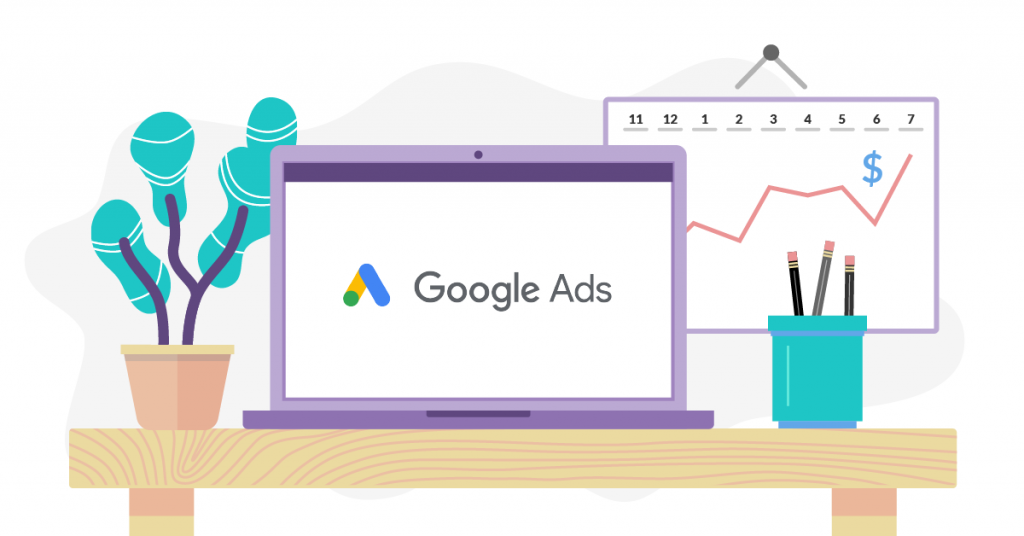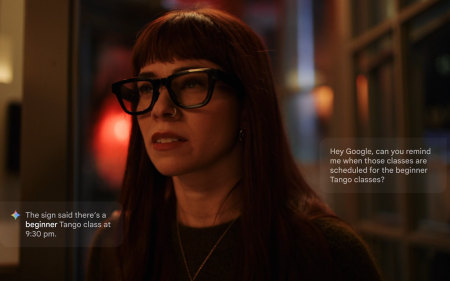If Google is selling my personal preferences based on my search history to would-be advertisers, they are getting it completely wrong. Here’s why.
Google thinks I want to buy a new iPhone (which I already own), a new MacBook Pro (check), needs insurance (which I already have), and am constantly buying consumer electronics (I’m not, I am just searching for prices when reviewing products for Stuff).
Occasionally, it also seems, I really want to buy ugly shoes. Or the makers of this particular brand of shoes – which are so ugly not even Tito Mboweni would be seen in public in them – think I want to wear them.
I have watched this weirdness for years. I feel a little guilty that Naked is wasting its advertising money on me. I only Googled “naked founder” to remember Ernst North’s surname when I did a podcast interview last year after a significant – and served – investment from Naspers Foundry. Now Google has convinced Naked that I am a popular target, and for that, I am followed all over the internet. I know I am wasting Naked’s advertising budget because Google isn’t smart enough to distinguish between a journalist searching for information from an active consumer seeking a service or product. And everyone still trusts Google’s data – despite much more scientific and demonstrable cases than my own.
I feel similarly irked when I am shown Takealot adverts everywhere too. I only searched for the prices of generators for an article, dammit. I have no intention of buying one. I bought it five years ago. We’re now on solar, and I’m still being shown the generator. But every month Google reports back to Takealot that they worked really hard to show me items they tell their client I want to buy. Like a generator. But I have no intention whatsoever of buying it. But Takealot has been given data and statistics by Google, so it must be true. I must be after more 5kW generators than any homeowner in South Africa.
This is part of the great programmatic advertising scam. I use Apple products; therefore, I need to be shown Apple advertising. When I told the executive at Apple distributor Core about this, he proudly replied, “good, it’s working”. As I tried to explain it wasn’t, he doubled down to convince me he was right, and I was wrong. All via the Apple products I already owned that the iStore was trying to convince me to buy. You can lead a horse to water…
If I based how Google advertises to me, one individual internet user, I can see how wrong it is about my personal choices. Extrapolate that a bit, given your own search history and the oddball things that it continuously advertises to you.
Then there are the spam adverts, which advertising commentator Bob Hoffman and University of Baltimore economist Professor Roberto Cavazos have told the FM are part of the great digital advertising fraud that accounts for at least 20%. Or $28 billion to $50 billion of the $350 billion global advertising industry dominated by Google and Facebook.
They should care that one fifth is rubbish, they’re still getting paid.
Finally, I’m Jewish. I’m allergic to buying retail. It’s as deeply ingrained in my people’s DNA as congenital hypochondria. Unfortunately. At the most fundamental level, I seldomly shop impulsively because of an advert I have suddenly seen – nor one that has followed me around the web, tormenting me like the NotTito fugly shoes. So, Google keeps “selling” me to advertisers with no proof I have ever done more than a search for something or own an iPhone.
How accurate do you think your Google profile is? Leave a comment and let us know.




